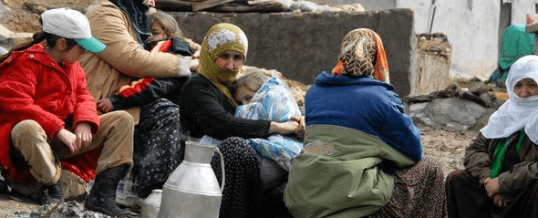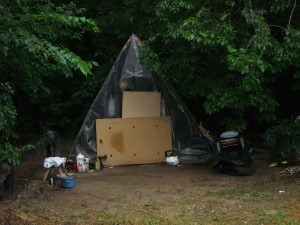
Poverty in Hungary ~ This is MY House | Hungary
This is MY House is an initiative of Shelter The World that presents the voices of people living in poverty. It’s purpose is to raise awareness about how people live across the globe. We welcome your contribution and discussion and have provided links at the end of this article where you can comment or submit your own article.
A personal perspective of life in
Hungary today.
A six-part perspective of life in Hungry today. Please note, this article has received some minor edits to improve readability.
Written by: István Szemcsi
Hungary is a country of 10 million and is situated in Eastern Europe. Emerging problems of poverty and inadequate shelter are related to political and economic causes in Hungary. The collapse of the USSR severely affected the satellite countries as well. Instead of maintaining the strong economic ties with the Russian Federation, Hungary tried to orientate to the European Union, the United States, the developed West. Hungary lost it’s markets, the booming heavy industry fall apart. The factories closed their doors and hundreds of people lost their jobs. The government didn’t know, what to do in this situation. In the 1990s, Hungary still managed to maintain some of the economic prosperity, but slowly slided down the slope. Now maybe a million Hungarians are in poverty.
The main causes of poverty in hungary are unemployment, debt, and divorce. The government tried to solve the problems by supporting education. It is easy to get a university degree in Hungary for free, in addition, the state pays a monthly fellowship for those who learn quite well. This led to a major decrease in quality of the university level education. Many of the graduates can’t get a job, because they have so many competitors. For example, there is an extraordinary number of lawyers, economists, teachers, but the economy and the society don’t really need them.
Therefore, in Hungary it is quite easy to live in poverty, what’s more, to become homeless with a university degree. In the meantime, there’s a major shortage of engineers and skilled laborers. The real estate companies must hire casual or skilled laborers from abroad. There are lifelong learning programs, but they are not very successful.
The companies are not willing to employ anyone over the age of 50. In the meantime, the government increased the retiring age to 65. The blue collar workers get so low pension, that the pensioners often search for food in the rubbish and may die of freezing in winter in their homes.
They simply can’t afford firewood.
 Not only the pensioners and the middle class, but 700,000 children starve in Hungary as well making child poverty unbearable. All the children get some food, but many of them get low quality, for example only bread and dripping. This is certainly not enough for they growth. That’s why the poor have very low body height, they remain small. In Hungary, the poor are approximately 150-170 cm tall, the rich can be much taller, 180-200 cm. However, there are several exceptions.
Not only the pensioners and the middle class, but 700,000 children starve in Hungary as well making child poverty unbearable. All the children get some food, but many of them get low quality, for example only bread and dripping. This is certainly not enough for they growth. That’s why the poor have very low body height, they remain small. In Hungary, the poor are approximately 150-170 cm tall, the rich can be much taller, 180-200 cm. However, there are several exceptions.
Homelessness are related to unemployment, divorce and debt. There are almost one million gypsies in Hungary. Almost all of them live in extreme poverty, but interestingly, they are not affected by homelessness, because they retain strong family ties. Gypsy families of 10-15 members often live in a small room (20-30 m3) together.
They live on social benefits and theft.
The prime minister and the government failed to integrate them into the society. Poverty, crime and gypsy minority are hot topics in the media. Hungarians tend to hide their poverty, because they are ashamed of it. Poor people like to hide from the world, that’s why seeing a lot of luxury cars and well-dressed people in the downtown can be very deceiving. Poverty in Hungary is very bad thing.
Share
APR
2014

About the Author:
I'm looking to make a difference in the lives of people living in extreme poverty and those living in inadequate living conditions. I've seen the conditions in both extreme poverty and disasters and believe we can do a better job of helping out; especially babies, children, and families. We are blessed to live in America, and this is my time to give back! Won't you join me?